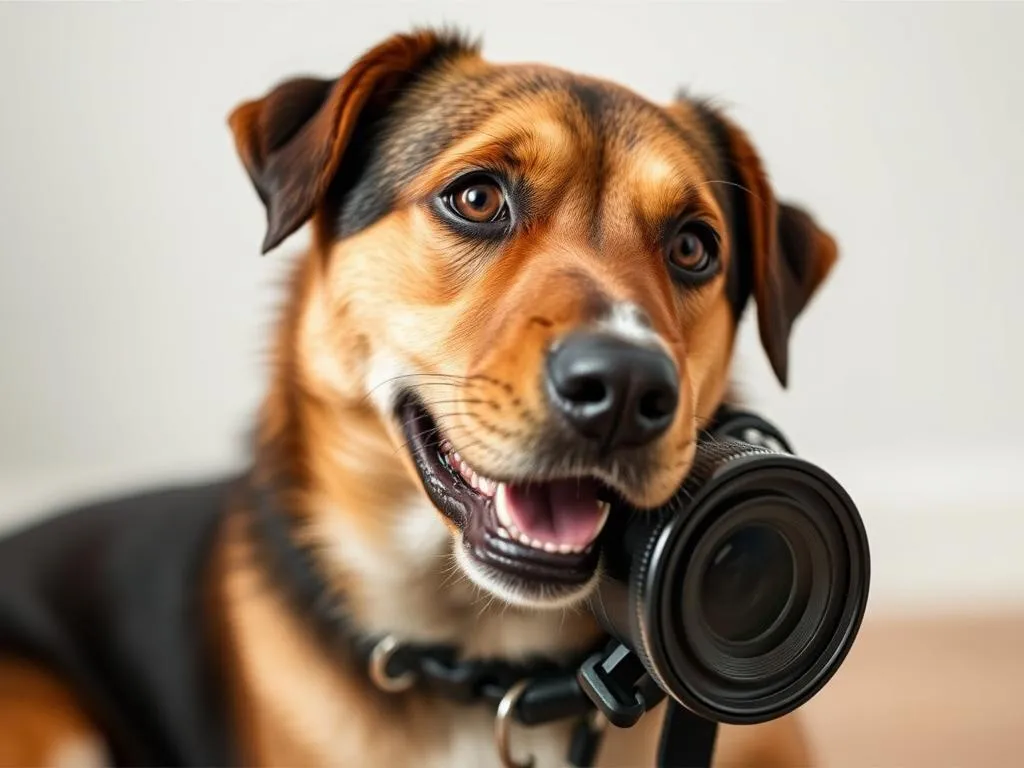
Finding a reliable dog sitter can be a daunting task, especially for first-time pet owners. A good dog sitter can make all the difference in ensuring your furry friend’s safety and well-being while you are away. Asking the right questions is crucial in selecting the ideal candidate for your pet. Below, I’ll dive into the essential questions to ask a dog sitter that can help you make an informed decision.
Understanding the Role of a Dog Sitter
What Does a Dog Sitter Do?
A dog sitter has a variety of responsibilities that go beyond simply feeding and walking your pet. Here are some key tasks they typically perform:
- Feeding your dog at scheduled times.
- Walking them for exercise and bathroom breaks.
- Offering companionship and ensuring they feel safe and secure.
- Administering any required medications.
- Maintaining the dog’s routine to minimize stress.
It’s important to note the difference between a dog sitter and a dog walker. While both care for dogs, a dog sitter usually stays with the pet in the owner’s home (or their own), providing a more comprehensive level of care. A dog walker primarily focuses on taking the dog out for walks, often for shorter periods.
Why Hiring a Dog Sitter is Beneficial
There are numerous benefits to hiring a dog sitter, both for the dog and the owner:
- Less Stress for the Dog: Staying in their familiar environment can reduce anxiety for pets, as they are surrounded by their smells, toys, and routines.
- Peace of Mind for the Owner: Knowing that a professional is caring for your pet allows you to focus on your plans, whether they are for business or leisure, without worrying about your dog’s well-being.
- Flexibility: A dog sitter can provide personalized care tailored to your pet’s specific needs.
Key Questions to Ask a Dog Sitter
Experience and Background
When considering a dog sitter, understanding their experience is essential. Here are some questions to ask:
- How long have you been a dog sitter?
- Do you have any formal training or certifications in pet care?
- Can you provide references from previous clients?
These questions will help you gauge their reliability and competence. An experienced sitter is likely to handle various situations better than someone just starting out.
Services Offered
It’s crucial to clarify the services that a dog sitter can provide. Ask the following:
- What specific services do you provide (overnight stays, walks, feeding)?
- Are you comfortable administering medication if needed?
Understanding the scope of services will help you determine if the sitter can meet your needs.
Dog Behavior and Handling
Every dog has its own personality and quirks. To ensure your sitter is prepared, inquire about their approach to handling different behaviors:
- How do you handle dogs with behavioral issues?
- Are you familiar with specific breeds and their needs?
These questions are important to ensure the sitter can manage various dog personalities and requirements effectively.
Safety and Emergency Protocols
Safety should always be a top priority when it comes to caring for pets. Ask potential sitters about their protocols in emergencies:
- What would you do in case of an emergency?
- Do you have a plan for dealing with lost dogs or medical emergencies?
These questions will reassure you that the sitter is prepared to act swiftly and appropriately in case of unforeseen circumstances.
Availability and Scheduling
Understanding the sitter’s availability is critical to ensure they can accommodate your needs:
- What is your availability (weekdays, weekends, holidays)?
- How do you handle last-minute bookings or cancellations?
These questions will help you determine if the sitter’s schedule aligns with your own.
Logistics and Costs
Pricing Structure
Discussing pricing upfront can prevent any misunderstandings later. Key questions to ask include:
- What are your rates for different services?
- Are there additional fees (for extra pets, special needs)?
Understanding the cost structure will help you manage your budget expectations effectively.
Payment and Contracts
It’s essential to clarify the financial transaction process. Consider asking:
- What is your payment policy?
- Do you require a written contract?
These questions ensure clarity in financial transactions and the terms of service.
Meet and Greet
A meet and greet can be invaluable in establishing trust between the sitter and your dog. You might ask:
- Do you offer a meet and greet before the sitting starts?
- Can I stay for a short time to see how you interact with my dog?
This interaction can help you feel more comfortable leaving your dog in their care.
Preparing for the Dog Sitter
Creating a Care Plan
Before the sitter arrives, it’s vital to create a comprehensive care plan. Include key information such as:
- Feeding schedule: Specify times and portion sizes.
- Exercise routine: Outline how often and how long your dog should be walked.
- Important commands or cues: Note any specific commands your dog responds to.
Providing this information will help the sitter maintain your dog’s routine and comfort.
Emergency Contacts and Information
Ensure that the sitter has all necessary emergency information, including:
- Veterinary contact information: Provide the vet’s name, address, and phone number.
- Emergency procedures: Explain what steps to take in case of an emergency.
- Instructions for reaching you: Include how the sitter can get in touch with you at any time.
House Rules and Expectations
It’s essential to outline any specific pet and house rules. Discuss:
- Behavioral concerns: Highlight any quirks or behavioral issues your dog may have.
- House rules: Specify areas of the house that are off-limits or any special instructions for care.
This clarity will help the sitter understand your expectations and maintain a consistent environment for your pet.
Post-Sitting Follow-Up
Feedback and Communication
Open communication after the sitting is vital. Discuss:
- The sitter’s experience: Ask how things went from their perspective.
- Your dog’s behavior: Inquire about how your dog responded to the sitter’s care.
This feedback loop can enhance future sittings and ensure your dog’s needs are continually met.
Building a Long-Term Relationship
Once you’ve found a great dog sitter, consider building a lasting relationship. Here are some tips:
- Establish regular communication: Check in periodically to maintain rapport.
- Discuss loyalty discounts: If you foresee needing regular services, inquire about special arrangements or discounts for repeat customers.
A long-term relationship can lead to better care for your dog, as the sitter becomes more familiar with their needs.
Conclusion
Choosing the right dog sitter involves asking the right questions and being prepared. Understanding the sitter’s experience, services offered, and safety protocols can ensure your dog receives the best care possible. By compiling your own list of questions and reaching out to potential dog sitters, you can find someone who will enhance your pet’s life while providing you with peace of mind.









